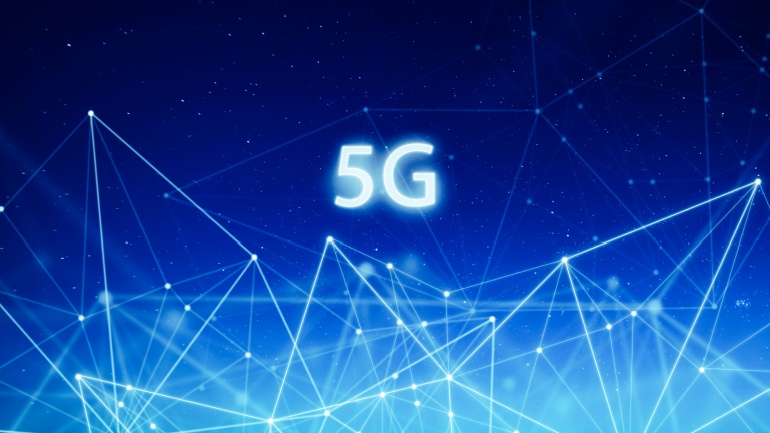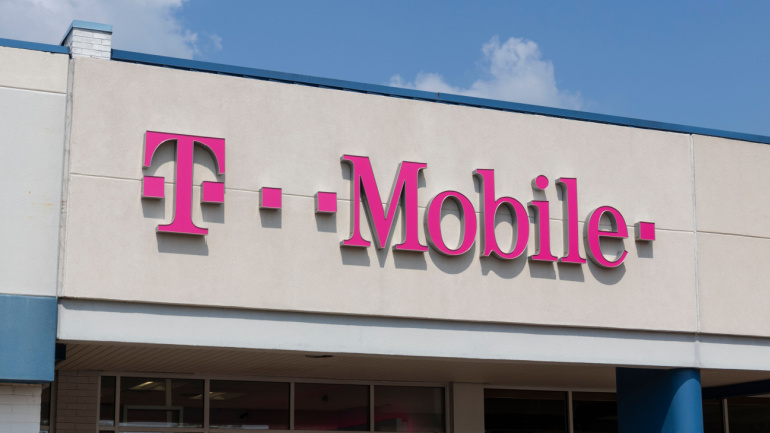T-Mobile has secured a significant $2.67 billion defense contract, positioning itself as the primary wireless solutions provider for the U.S. Navy over the next decade. This contract, known as Spiral 4, succeeds the earlier Spiral 3 agreement, which expired in May. The new arrangement allows all U.S. Department of Defense agencies to access T-Mobile’s wireless services and equipment until 2034.
T-Mobile US has launched a new backup fixed-wireless access (FWA) service called Home Internet Backup in response to frequent network outages and an anticipated severe hurricane season. This new service is an entry-level FWA subscription priced at $30 per month, which includes a bundled home gateway. It is designed to be a cost-effective alternative to T-Mobile’s existing Home Internet package, offering a $20 discount.
T-Mobile has announced an agreement to acquire the bulk of UScellular’s wireless assets, including its customer base, retail stores, and certain spectrum holdings. The total value of the transaction is $4.4 billion, consisting of cash and the assumption of $2 billion in debt.
T-Mobile US and Verizon are reportedly in talks to acquire UScellular, with negotiations underway to divide the telco’s assets between them. According to sources cited by the Wall Street Journal, both major mobile network operators (MNOs) are strategizing separate deals to secure portions of UScellular’s operations.
Lycamobile, a multinational MVNO hailing from London, is raising serious accusations against T-Mobile, their US network partner since 2012. They cite considerable hurdles in acquiring basic services like eSIM and access to T-Mobile’s 5G standalone architecture. Lycamobile’s stance escalates further; by urging regulatory bodies to halt T-Mobile’s looming acquisitions, they imply an uneven playing field. Meanwhile, T-Mobile, combating allegations of litigation as a diversion, asks that Lycamobile’s claims be dismissed.
In a pivotal tech development, Delta Airlines aligns with T-Mobile, dedicating their efforts towards promoting 5G technology advancement. The vast integration will transform over 60,000 workflows, enhancing operations from check-in to lift-off. To support this evolution, Delta plans to implement a T-Mobile 5G hybrid network at its Atlanta headquarters. As part of its ongoing telecom development, T-Mobile recently concluded a $290 million 5G network expansion in Louisiana.
Telecommunications heavy hitter T-Mobile finds itself under scrutiny as fixed wireless service providers in Maine, New York, and Maryland report disruptions attributed to T-Mobile’s 5G operations. Bloosurf has appealed to the FCC, seeking a refrain on T-Mobile’s 5G functions where they intersect with its own services, stirring up a complex debate hinging on a 1977 FCC decision regarding interference.
In a bold move reminiscent of early 2000s communication technology, T-Mobile US has unveiled a groundbreaking push-to-talk service tailored for emergency services, in partnership with Motorola Solutions. However, this isn’t a mere throwback; it’s a sophisticated, 5G-enabled system designed to meet the demands of modern-day first responders.
The $24 billion merger between T-Mobile and Sprint drastically reshaped the US mobile landscape, reducing the country’s major operators. To counterbalance this change, Dish Network intended to purchase T-Mobile’s 800 MHz licenses.
T-Mobile US, a significant player in the US telecommunications industry, has maintained its leadership position in customer growth in 2023, despite a notable decrease compared to its previous year’s performance. The company, which recently revealed its annual and quarterly financial results, continues to outpace its main competitors, AT&T and Verizon, particularly in the postpaid mobile customer segment.













